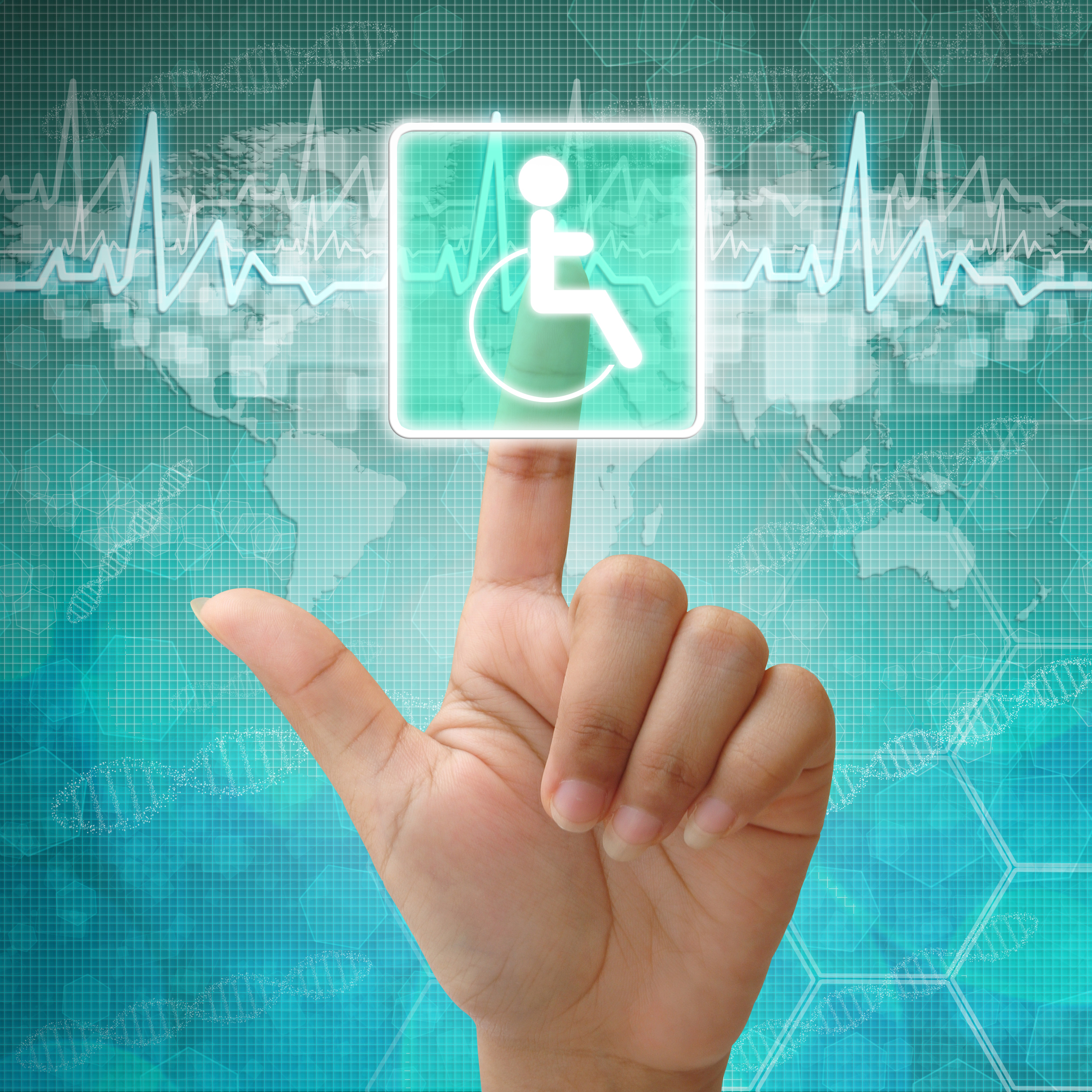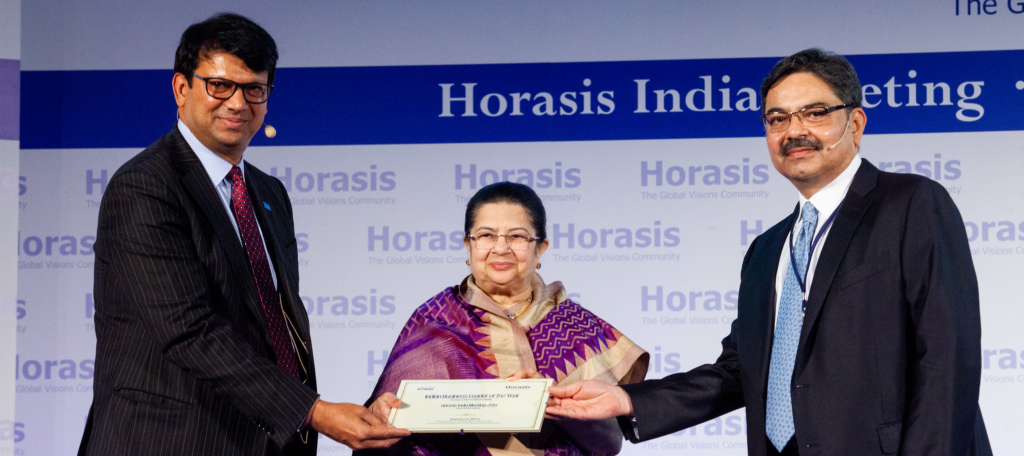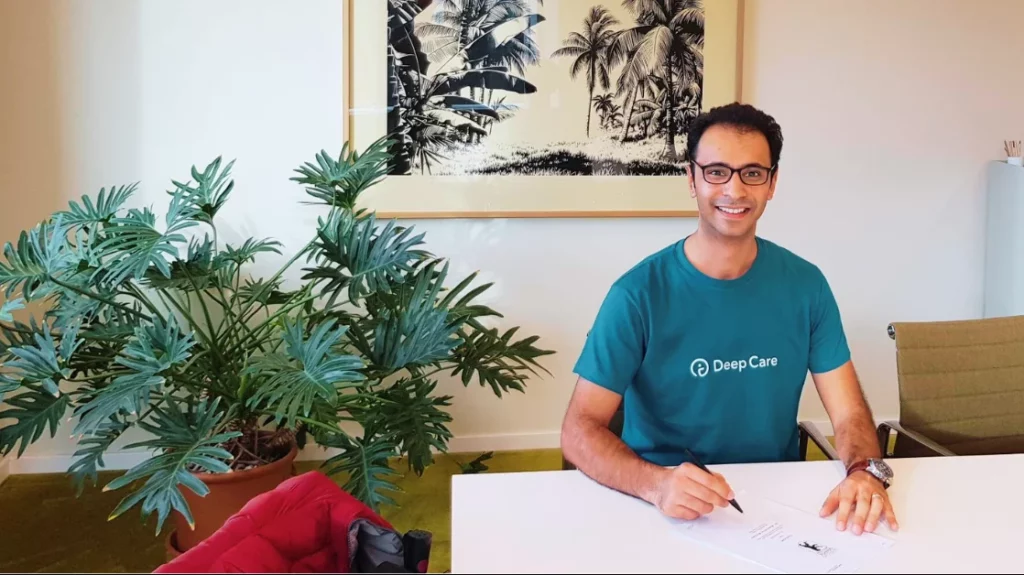Israel is the unlikely country producing and fostering a great variety of startups dedicated to helping people with disabilities.
Israeli investor A3I labels itself as a “one-of-a-kind accelerator in the field of Assistive Technology,” and Israeli newspaper Hareetz says the company has helped launch over 22 disability projects.
It is clear that the middle-eastern country places a lot of importance on empowering people. Israeli company Tikkun Olam Makers organises an annual three-day competition, where tech entrepreneurs design projects for people with disabilities using household materials. The company is now international and Times of Israel reported that, in 2016, Google awarded them $700,000 as part of the Google Impact Challenge: Disabilities campaign.
One of the most exciting startups to be supported by A3I is IC Touch, which has created a bionic contact lens that allows blind people to ‘feel’ where they are going by ‘pressing’ the image onto the eye. Israeli news site Israel21c spoke to the creator, Professor Zeev Zalevsky, an engineering professor at Bar-Ilan University
“There are 600 times more sensors in your cornea than on fingertips which are used to touch and read Braille,” he said. “And since there are so many tactile sensors in the eyes, one can actually sense and ‘feel’ an image at a very high resolution, helping you really see with your eyes when you are blind.”
The technology uses a mounted camera or a smartphone to capture images that are then translated into sensations in the lens, in a form of electronic eye-braille.
This technology still needs to pass clinical trials, Israel21c continued, but they have tested prototype versions of the lens on seeing people. After a ‘short learning curve,’ they were able to recognise and distinguish various different shapes, that is, see with the lens.
Zalevksy also told Israel21c that the technology isn’t just limited to helping blind people. If fitted with an infra-red camera, the lens could also be used by lawmakers or firefighters to be able to see in absolute darkness.
Another novel startup design applies games to rehabilitation exercises, in an attempt to reduce the boredom of repetition.
GEMON was created in a Tikkun Olam Makers competition and was also taken on by A3I accelerator. It involves ‘dressing up’ a game, where instead of moving with a couple of clicks on a mouse, the user has to raise a pole up and down. This requires a repetitive movement that also builds muscle and strength, whilst keeping users engaged.
Health and rehab site Fitness-gaming lauds the news technology, saying that these initiatives provide therapists with extensive data. This allows them to use the increasing amounts of information to give their patients motivation and personal feedback.
The creators Ohad Doron and Tomer Yannay are working to improve the prototype and create more games for different rehabilitation exercises.
The World Health Organisation reports that around 15% of the world’s population lives with some kind of disability. This number is on the rise due to an aging population and the spread of chronic diseases. Also, these differently-abled people experience many barriers in their day to day life, from mobilisation to employment.
There are plenty more A3I supported startups hailing from Israel, such as Paratrek, which allows people in wheelchairs to go hiking, and Siman Shenagish, which uses technology to translate Hebrew sign language into the spoken form.
Israel is leading the way by having an innovative and exciting startup scene that is directed solely at disabled people, putting them ahead in a world where they’re always behind.










